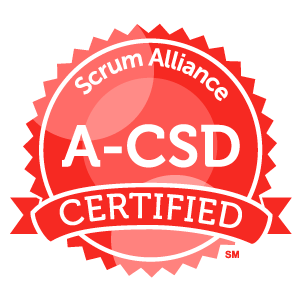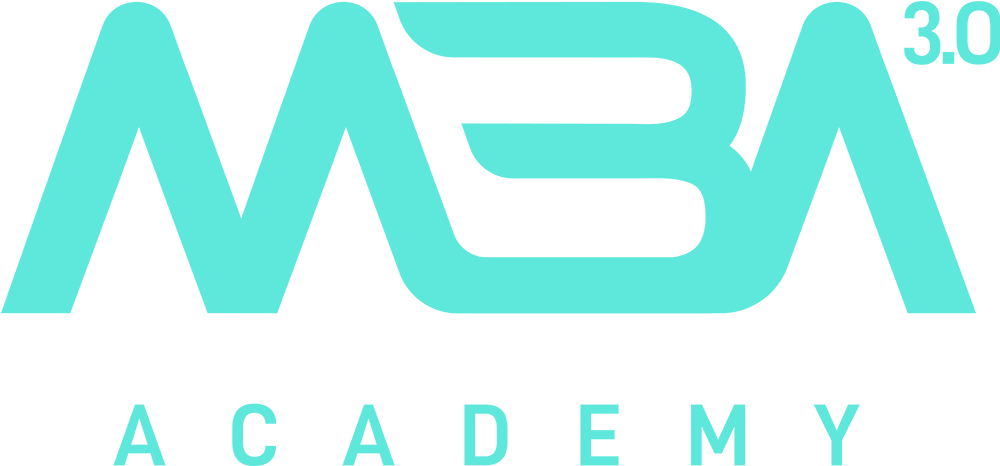Advanced Certified Scrum Developer® (A-CSD)
Experience all aspects of Scrum team software development using the Scrum Developer Practices.
Write your awesome label here.
Learning Objectives
Key Concept
Using Scrum for software development requires software engineering skills and practices that support iterative and incremental development over the long term.
The “Core Four” are:
The “Core Four” are:
- A test-first approach (Test-Driven Development or Behavior Driven Development),
- Continuous Collaboration (pair programming or ensemble programming),
- continuous integration (specifically "trunk-based development"), and...
- most critically, the ability to refactor diligently.
Write your awesome label here.
Is Advanced Certified Scrum Developer® the Right Course For Me?
Experience all aspects of Scrum team software development using the Scrum Developer Practices.
This 2 day (14 hour) course immerses you into a small Scrum team crafting actual software using various Scrum Developer Practices.
Practices include pair-programming, Test-Driven Development, refactoring, trunk-based development, Collective Code Stewardship, Emergent Design, and others (depending on time and participant interest).
Practices include pair-programming, Test-Driven Development, refactoring, trunk-based development, Collective Code Stewardship, Emergent Design, and others (depending on time and participant interest).
Your instructor was an Agile developer-coach for many years, and used these very practices full-time on various products. From that experience he has designed exercises that are educational, relevant, and fun.
Please note that CSD is a prerequisite for this advanced course. Fortunately, CSD and A-CSD can be scheduled together and purchased together. Also, some experience with a modern programming language is required.
Scrum Developer® Learning Path
Scrum Alliance Certified Training

-
A-CSD Credential
Upon course completion you gain a two-year Scrum Alliance Membership and become eligible for the Advanced Certified Scrum Developer® (A-CSD) designation. -
Pre-Requisites
To earn an A-CSD℠, the Scrum Alliance requires that you:
- Hold a Certified Scrum Developer (CSD®) certification with the Scrum Alliance.
- Participate fully in the A-CSD℠ course.
- Pass the quiz at the end of the course.
- Validate at least 12 months of work experience specific to the role of Scrum developer/team member (within the past five years).
